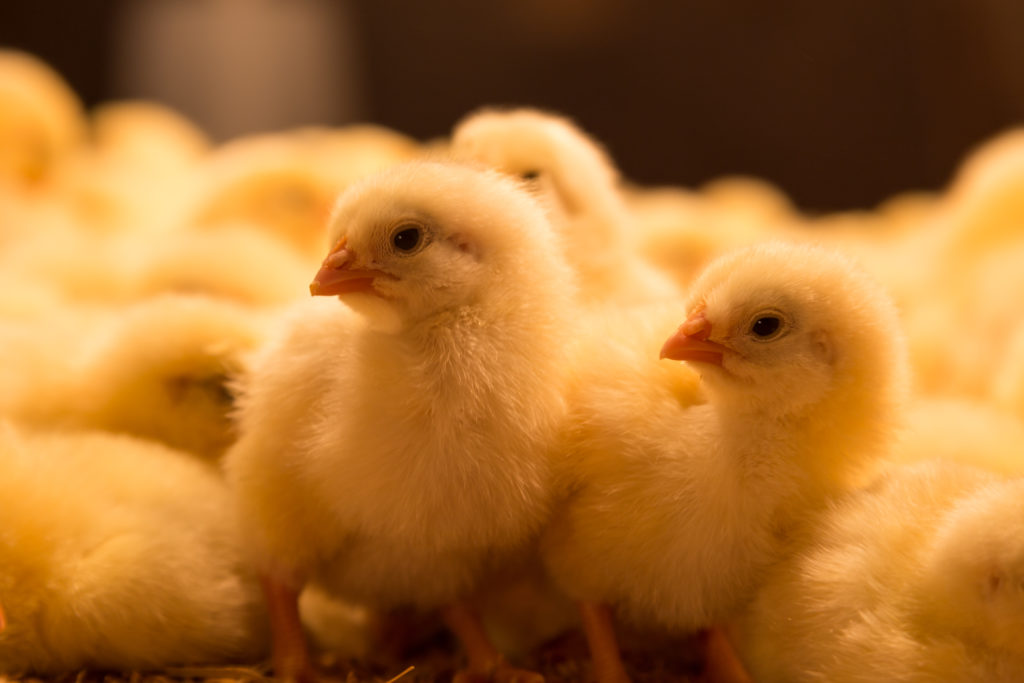Congratulations! Your chicks have arrived and they’re in the brooder. Now what? One of the first things to watch for after you get your little baby chicks in the mail is pasty butt. Caused by chilling, overheating, or improper feeding, pasty butt is more common in chicks that come through the mail than chicks that are hatched and cared for by a momma hen.
What is pasty butt? Pasty butt is a condition where soft poop sticks to a chick’s behind and clogs the vent as it hardens. Most chicks are able to poop without issues and keep their behinds clean, but every once in a while, you will spot a chicken that has poop stuck to its vent. This crusty mess needs to be dealt with quickly as it can clog your poor chick and end up killing it.
Be on the lookout for pasty butt in the first few days after you get your chicks. If you find chicks with poopy bottoms, you’ll need to remove the hardened poop. If you catch it quickly, you might be able to simply wipe the poop off. But if it’s already hardened over the vent, you will need to wet the chick’s behind and clean it off.
Start by running a little warm water over the chick’s bottom and carefully and gently wiping the dried poop off you can use an old kitchen towel or a paper towel. If it’s really hard, you might have to repeat the process a few times to thoroughly clean the chick.
Make sure to use warm water, not cold water, as chicks need to be kept very warm. The chick will probably not enjoy being manhandled, so work gently and efficiently, holding her wings steady so she can’t flap around. Dry the bottom the best you can and put the chick back in the brooder.

If you accidentally injure the chick’s skin when you remove the poop, put a little salve on the chicken to protect the area and watch the chick to make sure the other chicks don’t peck at her.
To help prevent pasty butt, it’s helpful for your chicks to be drinking well before they start eating. Make sure to gently dip each chick’s beak in the water as you take them out of the shipping box and place them in the brooder so they can start drinking right away.
Another preventative measure is to grind up dry, uncooked oatmeal, mix it with cornmeal and then mix that with their chick starter. If pasty butt is a persistent problem, you might consider switching feed brands altogether to see if that helps.
Just remember: it’s very important to be on the lookout for pasty butt, and if it happens, clean your chicks as soon as possible to keep them healthy!